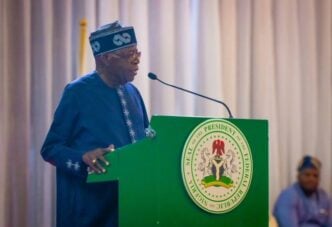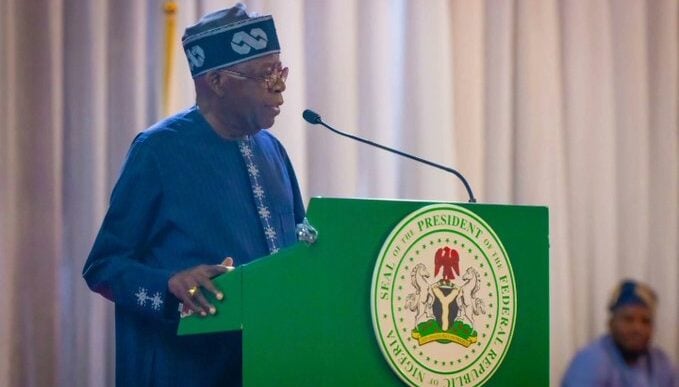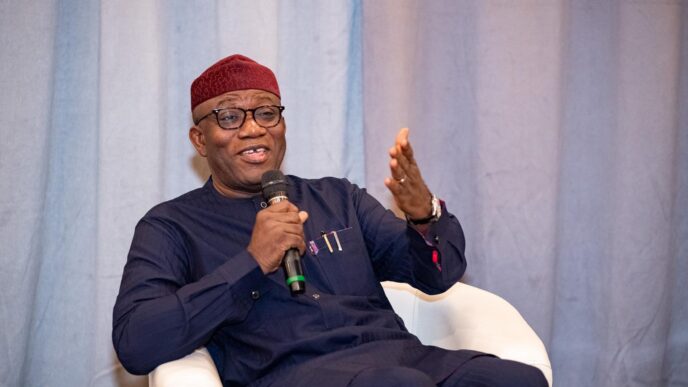BY HABIB SHEIDU
Since the 2003 general election, where INEC recorded the highest voter turnout since 1999 at approximately 69.1%, there has been a steady decline. The most recent general election reached a record low of 28.63%. This trend raises a critical question: should voting be made compulsory in Nigeria?
A bill has been introduced in the house of representatives, sponsored by the speaker, Tajudeen Abbas. Titled the “Bill for an Act to Amend the Electoral Act 2022 to Make It Mandatory for All Nigerians of Majority Age to Vote in All National and State Elections and for Related Matters,” it seeks to make voting compulsory for all eligible Nigerian citizens. The proposed penalties for non-compliance include a fine of ₦100,000, a six-month jail term, or both.
Mandatory voting is not a novel concept. Countries such as Brazil and Australia implement it and even impose sanctions on non-voters. In Australia, this practice has resulted in consistently high voter turnout, contributing to a more representative democracy. Proponents argue that mandatory voting ensures higher participation, leading to election outcomes that more accurately reflect the will of the people and reinforce the legitimacy of democratic governance. They also believe that if democracy is a government by the people, then participation in elections should be considered a civic duty, much like the responsibilities of elected leaders.
Advertisement
However, opponents argue that compulsory voting infringes upon personal freedoms, contradicting democratic principles by forcing citizens to participate in a process they may wish to abstain from. Some also contend that it may discourage political education among voters and lead to uninformed or disinterested individuals casting ballots, which could distort election outcomes and increase the prevalence of “donkey votes” (random or invalid selections). Additionally, enforcing compulsory voting laws in large and resource-limited countries like Nigeria may place a significant financial burden on the government.
Implementing compulsory voting in Nigeria would require a thorough evaluation of the country’s unique political, social, and economic landscape. While increasing political participation is a noble goal, it is essential to assess whether making voting mandatory—and penalising non-participation—aligns with democratic values and Nigeria’s practical realities.
Voter apathy in Nigeria often stems from widespread distrust in the electoral process, with many believing that election results are predetermined. This has led to a situation where those who do vote often do so for personal gain, incentivised by financial mobilisation from political parties. In such a context, compulsory voting could potentially benefit political parties financially, as they would no longer need to expend significant resources on voter mobilisation.
Advertisement
As highlighted earlier, compulsory voting presents challenges related to individual freedoms, enforcement, and the authenticity of voter engagement. If Nigeria were to adopt mandatory voting, it would need to be implemented differently to increase genuine interest in the process. Some countries have compulsory voting laws but do not enforce them, using these laws instead to signal the government’s stance on civic responsibility. Not all laws are meant to be strictly enforced; some serve to encourage a particular behaviour rather than mandate it through punishment.
A possible alternative could be rewarding those who vote instead of punishing non-voters. Incentives such as reduced or waived fees for obtaining an international passport or awarding extra points for government job applications could encourage participation. Some governments have seen an increase in voter turnout simply by having compulsory voting laws on record, even when sanctions are weak or rarely enforced. For example, in Austria, voting is mandatory in only two regions, and penalties are lightly enforced—yet these regions tend to have higher voter turnout than the national average.
Ultimately, while the idea of compulsory voting is worth considering, Nigeria must not lose sight of more balanced approaches, such as voter education, improving electoral transparency, and removing barriers to participation. Strengthening democracy requires addressing the root causes of voter apathy rather than merely enforcing participation through penalties.
Habib Sheidu is a policy analyst and project director of AdvoKC Foundation. He can be reached via [email protected]
Advertisement
Views expressed by contributors are strictly personal and not of TheCable.









